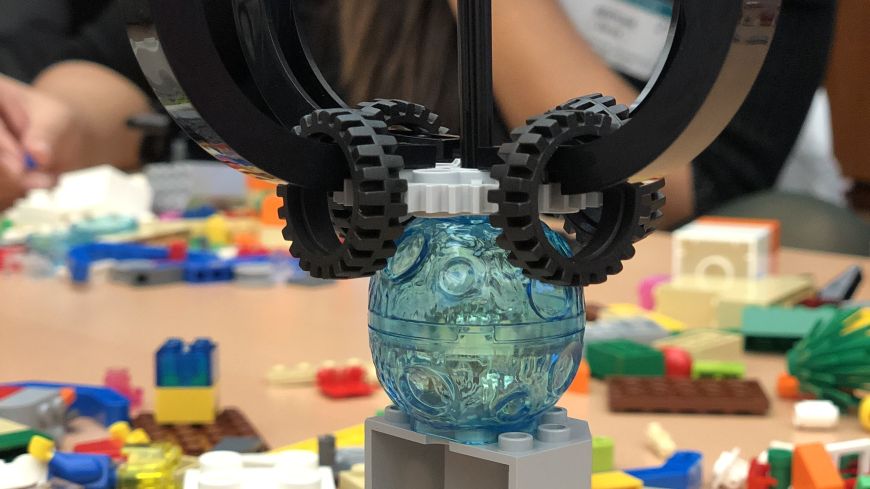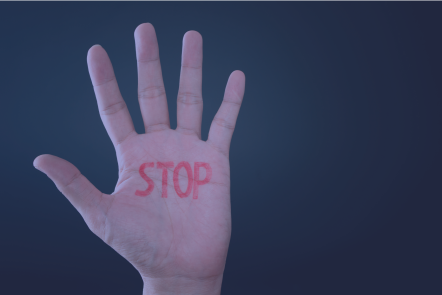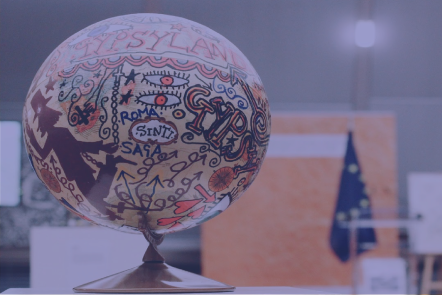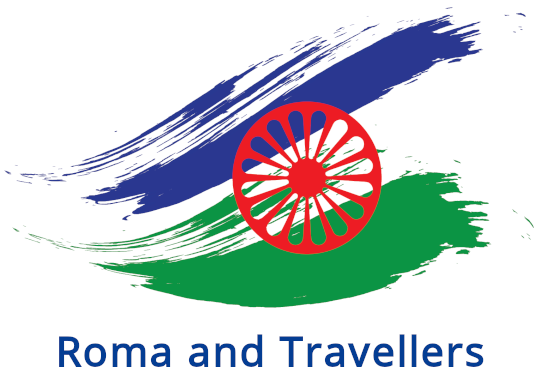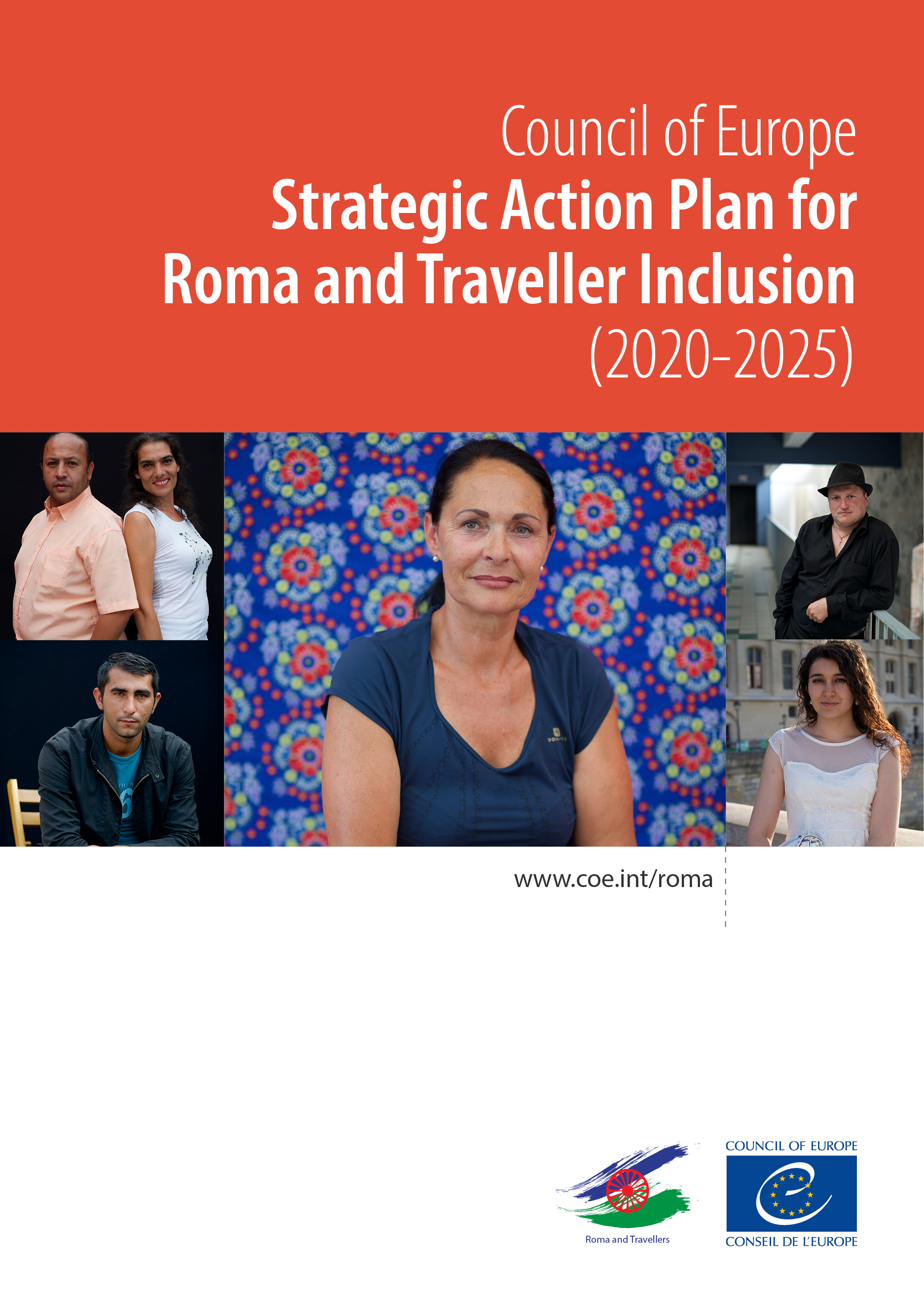On 20 November 2018, the Roma and Travellers Team organised a “lab” on Women’s diversity: What are the interests of women of ethnic minorities and who represents them? in the framework of the 2018 World Forum for Democracy “Gender Equality – whose battle?” (Strasbourg, 19-21 November 2018).
The lab used the innovative LEGO® SERIOS PLAY® method to explore the unconscious assumptions that influence the behaviour of men and women by identifying those cultural norms and practices as well as institutional, structural and legal barriers that hinder equal political participation of women of ethnic minority background, including from Roma and Traveller communities. Key note speakers were: Ms Ismeta Dervoz, Bosnia and Herzegovina, former Member of the Parliamentary Assembly of the Council of Europe, Mr Orhan Galjus, the Netherlands, Chair of the EBU Roma Task Force Group and CEO of Radio Patrin, and Ms Gwendolyn Albert, Czech Republic, Human rights activist, researcher, translator, and journalist at Romea.cz.
Minority representation and participation in political life continue to prompt questions about accommodating diversity in democratic societies. Socially marginalized people such as Roma encounter a series of social barriers and prejudices which severely impede their capacity to effectively participate in public life. The inability to access and exercise the right to participation and to effective representation further embeds marginalisation.
Evidence has shown that Roma, and particularly young Roma women, are largely absent from local and national political participation and decision-making processes. This invisibility ultimately undermines the potential for political participation and the dynamics needed to alter the crippling factors of marginalisation.
The lab brought forward some important messages:
- “When given the opportunity, different solutions and ideas are developed to address the problems and barriers identified“
- “When there is ownership, there is commitment”
- “It is important to maximize engagement from all those who have vested interests”
- “Through discussion, there will always be innovation … but discussions need to focus on how to solve the issue … not on why the issue has occurred”
- “Cultural norms that create the barriers need to be understood “
The absence of men in the struggle for gender equality was noted even during the lab activity although it had been stressed that the participation of men is crucial when it comes to assisting women in accessing their right to political participation and representation.
Our democracy is in need of a strong, coordinated movement that could to some degree mitigate the lack of effectiveness of political parties in increasing women’s political participation.
Since innovation is a good stimulus to change thinking, the lab has adopted a novel approach that actively engaged participants to re-think, re-evaluate and deconstruct those ‘norms’ that hinder equal political participation of women of ethnic minority background in an attempt to construct possible solutions.



